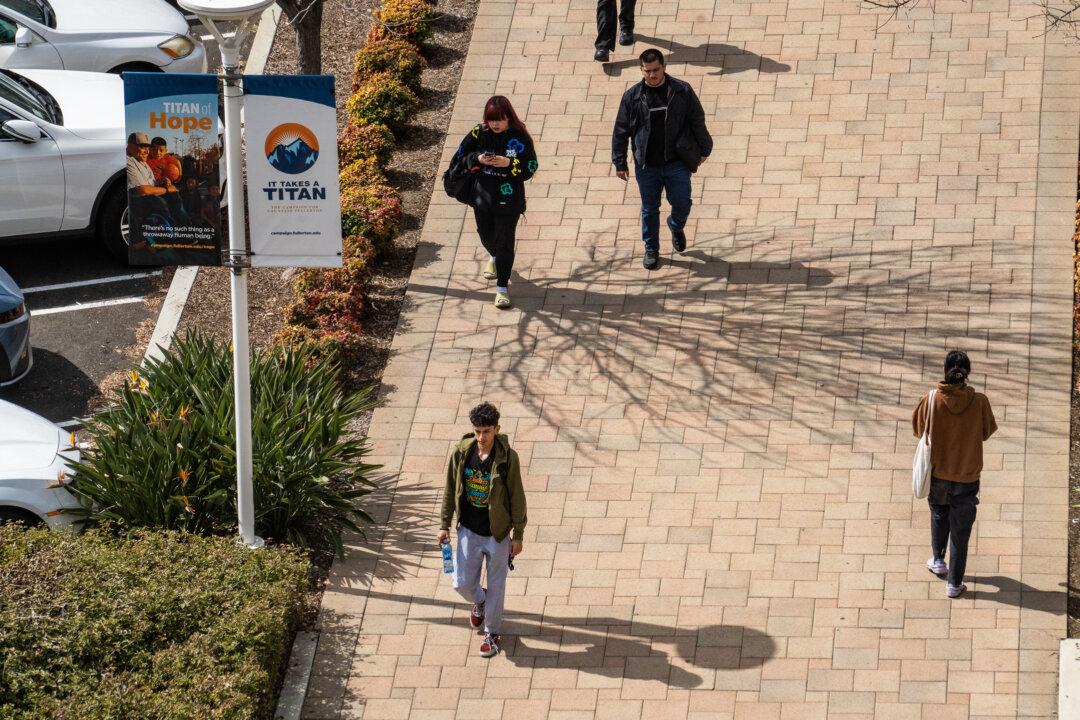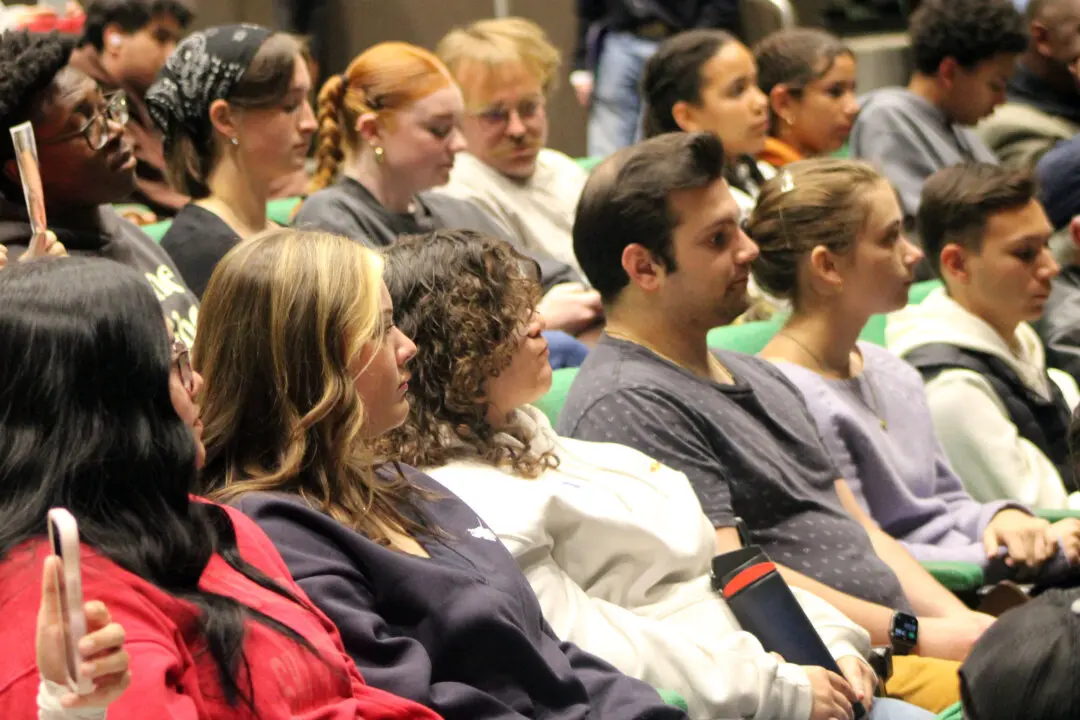Commentary
Summer is almost over, and students are returning to school to acquire more knowledge and socialize with friends. However, Californians ought to be disappointed with the quality of public education in the state, because not too many years ago it was on a better footing. Articles in a number of media outlets have anguished over the college and high school dropout rates in our public institutions.





